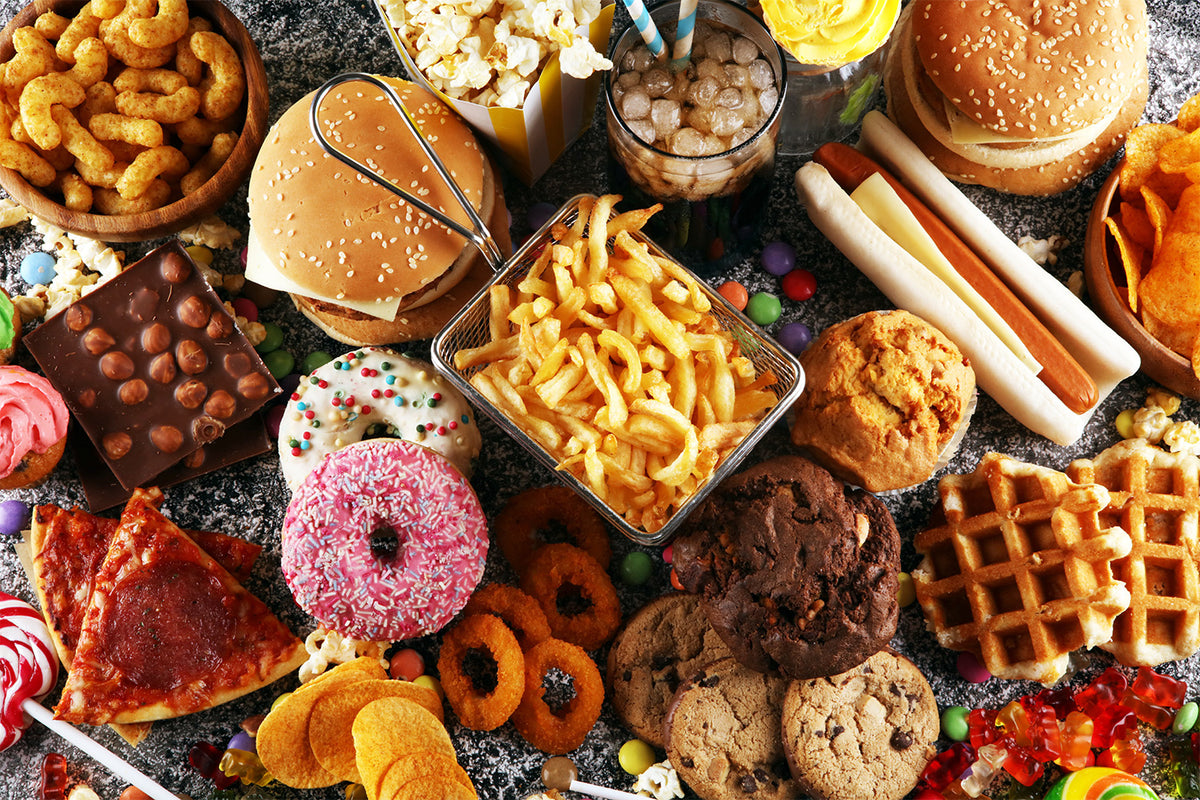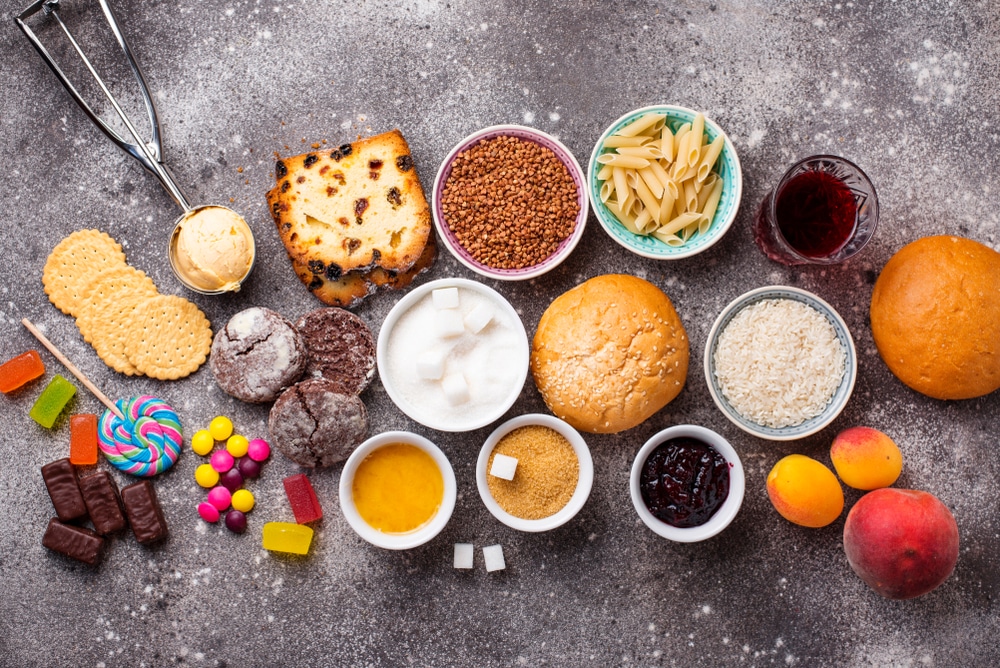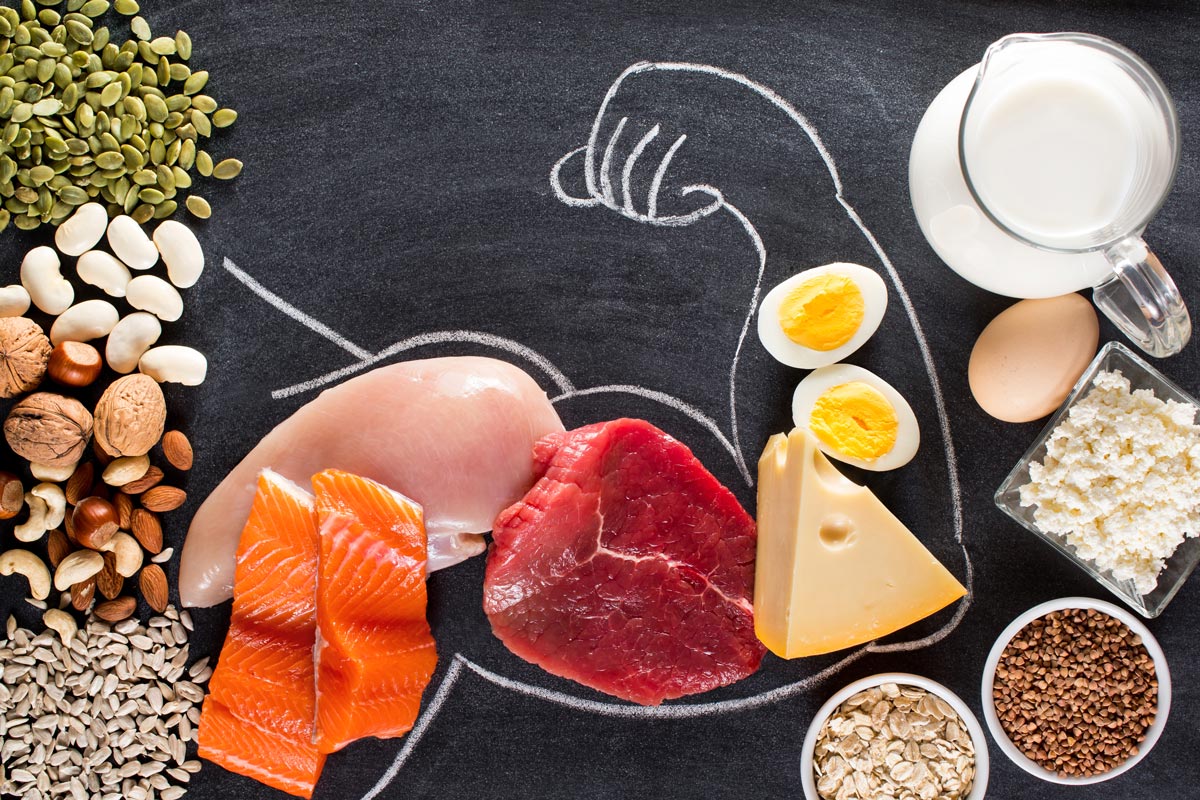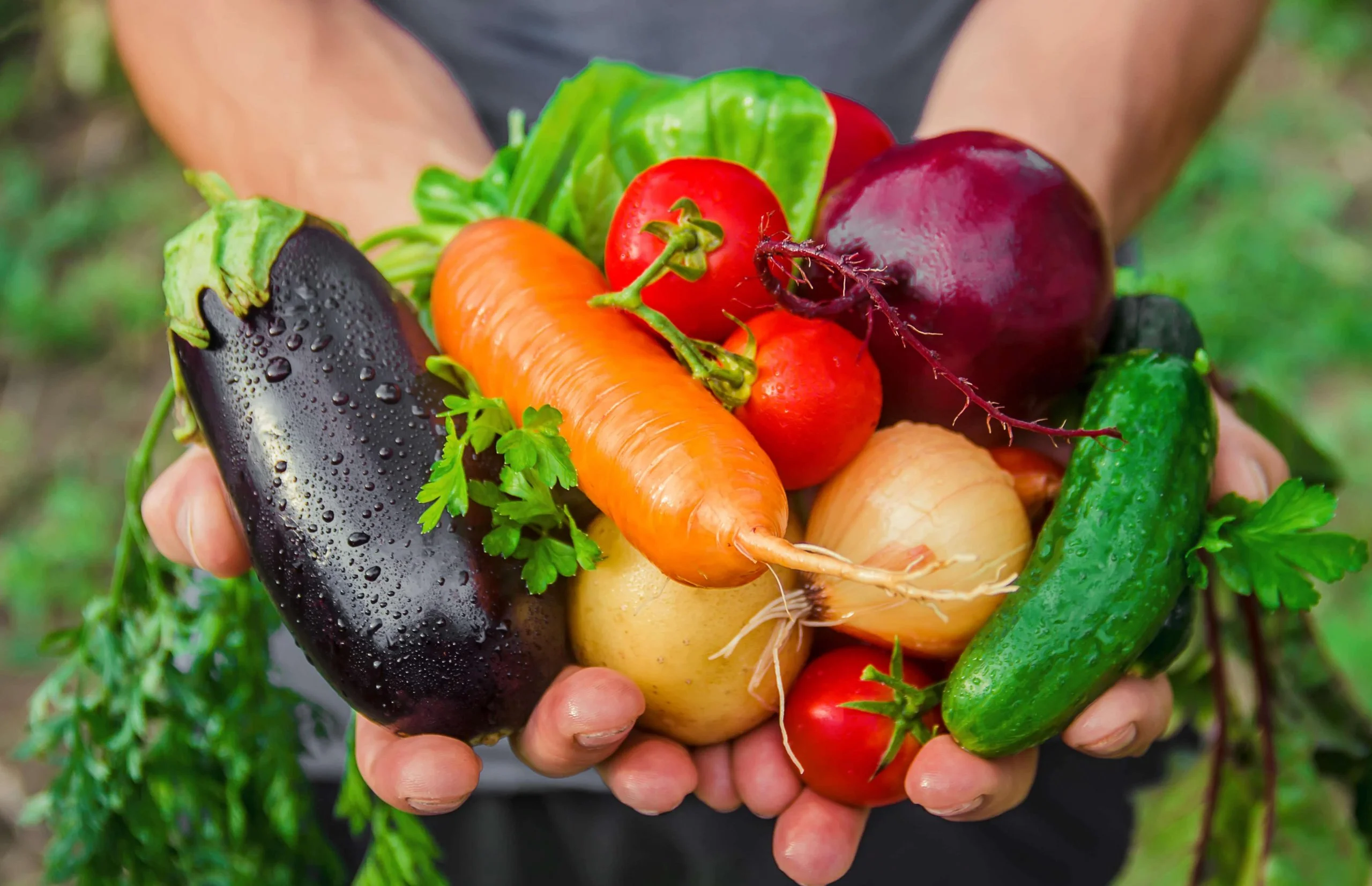
Choosing your diet wisely is crucial for your health. This is particularly important when you suffer from certain illnesses. Understanding the impact of food on the body can also help control symptoms and enhance treatment effectiveness. A reasonable diet helps to feel good overall.
For certain medications, a dietary plan is particularly important. For example, drugs like Ozempic and Wegovy. These drugs would make some influence to your digestive system, which may lead to several side effects. However, your diet could help to alleviate these side effects. Eating more certain foods and less others can truly improve your feelings. This helps you stay healthy while taking these prescription drugs.
In addition to medication, basic nutritional rules are also important. Sufficient protein is the key. Ensuring adequate energy supply for the body is equally important. These are all key to maintaining good health. Understanding the intake of protein, fat, and carbohydrates is also crucial. This helps to detect whether there is an imbalance in the body.

1. **Understanding GLP-1 Drug Side Effects (Delayed Gastric Emptying)**: These drugs may slow down the movement of food in the intestine. At the same time, some issues may arise. The longer food stays in your stomach, the more likely you are to feel uncomfortable in your stomach. Sometimes constipation can also occur. Constipation refers to a decrease in the frequency of bowel movements or difficulty in defecation. Diarrhea is another side effect. This means that loose stool and water samples will become problems. These side effects bring difficulties to people’s daily lives. This situation occurs when people start or use these medications.
Although these issues may occur, you can control them. Changing dietary habits is very helpful. It is wise to know which foods can worsen the condition and which foods can help alleviate symptoms. People can make wise choices in advance. This helps alleviate discomfort and supports your digestion during the use of GLP-1 medication.

2. **Foods to Avoid While Taking GLP-1 Drugs: High-Fat Foods**: When taking GLP-1 medication, please pay attention to the fat in your food. Eating high-fat foods will be more difficult. If your stomach emptying rate is already slow, this situation is particularly serious. Research has shown that many high-fat foods can slow down digestion. Peristalsis “refers to the speed at which food moves within the body. A slower peristaltic speed means that the movement speed of food in the body slows down. Eating fried or greasy foods may be harmful. These foods may exacerbate constipation caused by GLP-1 drugs. Cleveland Clinic endocrinologist Peminda Cabandugama, MD, stated that consuming these foods can exacerbate constipation. Therefore, a balanced diet remains the main goal.

3. **Foods to Avoid While Taking GLP-1 Drugs: Foods With Added Sugar**: Actually everyone should avoid high intake of sugar. This is particularly important if taking GLP-1 medication. This is even more important if you are taking this drug to treat diabetes. Controlling blood sugar is the primary goal of patients with diabetes. For patients with diabetes, excessive sugar intake should be strictly avoided. People who take GLP-1 drugs to lose weight should do this too. Toronto nutritionist Abby Langer, a registered nutritionist, pointed out that high sugar intake especially added sugar would lead to physical problems. Ms. Langer specifically talked about sugary drinks. These beverages contain a large amount of added sugar. Their nutritional value is not high, and they may be more harmful for a healthy diet that is taking GLP-1 medication.

4. **Foods to Avoid While Taking GLP-1 Drugs: Refined Carbohydrates**: Refined carbohydrates are another type of food that requires attention. This is crucial when dealing with the side effects of GLP-1 drugs. These carbohydrates are processed to remove many beneficial components, such as dietary fiber. For example, white bread and rice are particularly common. Biscuits and pastries also belong to this category.
Refined carbohydrates can cause constipation. This is usually due to their lower fiber content, especially compared to whole grain carbohydrates. Constipation may lead to other stomach pains. For example, discomfort such as nausea.
The slow digestion of GLP-1 drugs can exacerbate these issues. It can be reasonably assumed that consuming these refined carbohydrates will exacerbate the side effects. This is especially true for constipation and the accompanying nausea symptoms. Dr. Cabandugama stated that these foods may exacerbate stomach discomfort.
For people taking these medications, what he means is: choosing carbohydrates with lower processing levels is helpful for you. This is a good strategy that you should adopt.

5. **Foods to Avoid While Taking GLP-1 Drugs: Excessive Alcohol**: Dietary rules usually limit the amount of alcohol consumed. This is to maintain overall health. Women should not drink more than one glass of alcohol per day. For some people, drinking a small amount of alcohol may not be a problem. But as we all know, excessive drinking is harmful to anyone. Especially when you are taking GLP-1 drugs, alcohol intake should be strictly controlled. Alcohol can affect digestion and metabolism. The source of information here does not list the potential adverse alcohol reactions that GLP-1 drugs may cause. But it emphasizes the general health advice of limiting alcohol consumption.
It is interesting that some people taking GLP-1 drugs have found changes in their condition. Their craving for alcohol may naturally decrease. This medication may reduce the craving for alcohol. He said that it can even reduce the craving for cigarettes. This potential side effect is helpful for people. It can help them stick to drinking less alcohol. This overall helps them achieve their health goals.

6. **Foods to Emphasize While Taking GLP-1 Drugs: Protein (and pairing)**: Protein is an important nutrient required by the human body. It helps the immune system function normally. Cells also need it to function properly. It can also repair tissues within the body.
Protein can also provide energy and help transport other nutrients. It is particularly important to consume sufficient protein when taking GLP-1 drugs. Part of the reason is that sometimes you may lose muscle.
To maintain energy and preserve muscles, you may want to try this. People taking GLP-1 drugs should consciously consume sufficient protein. But slow digestion and side effects are inevitable, such as constipation and nausea. So, the way protein is consumed is very important. A small intake of protein is better.
Don’t eat too much at once. A large amount of protein may exacerbate constipation and nausea symptoms. This is especially true for people taking these medications. To get the most protein and feel good, you can try the following methods. Dr. Kabandugama suggests pairing protein with vegetables for consumption.
This mixture helps ensure good nutrition. It can also provide fiber. Fiber is beneficial for digestion in the stomach.

7. **Foods to Emphasize While Taking GLP-1 Drugs: Vegetables**: Eating more vegetables in the diet is very beneficial. This applies to people who are currently taking GLP-1 medication. Vegetables are rich in nutrients and dietary fiber, which is very helpful in relieving stomach discomfort.
Adding green vegetables to the diet can help alleviate constipation. Many vegetables also help maintain moisture. Adequate hydration is the key to digestion. Dr. Kabandugama pointed out that this also helps prevent constipation.
Maintaining sufficient hydration is crucial. Vegetables rich in water can help achieve this goal. Green leafy vegetables such as spinach or kale are good examples. They are insoluble fibers. This type of fiber is not easily decomposed and cannot be absorbed by the human body.
On the contrary, these things will increase the volume. It will promote gastric emptying through the digestive system and help alleviate constipation problems. Eating a variety of brightly colored vegetables is very beneficial.
This is a good way to support the body when using GLP-1 drugs.

:max_bytes(150000):strip_icc()/100824-Oprah-Lounge-Set-ccc26873c4e945bb9d58bec217dd8e7a.jpg)

